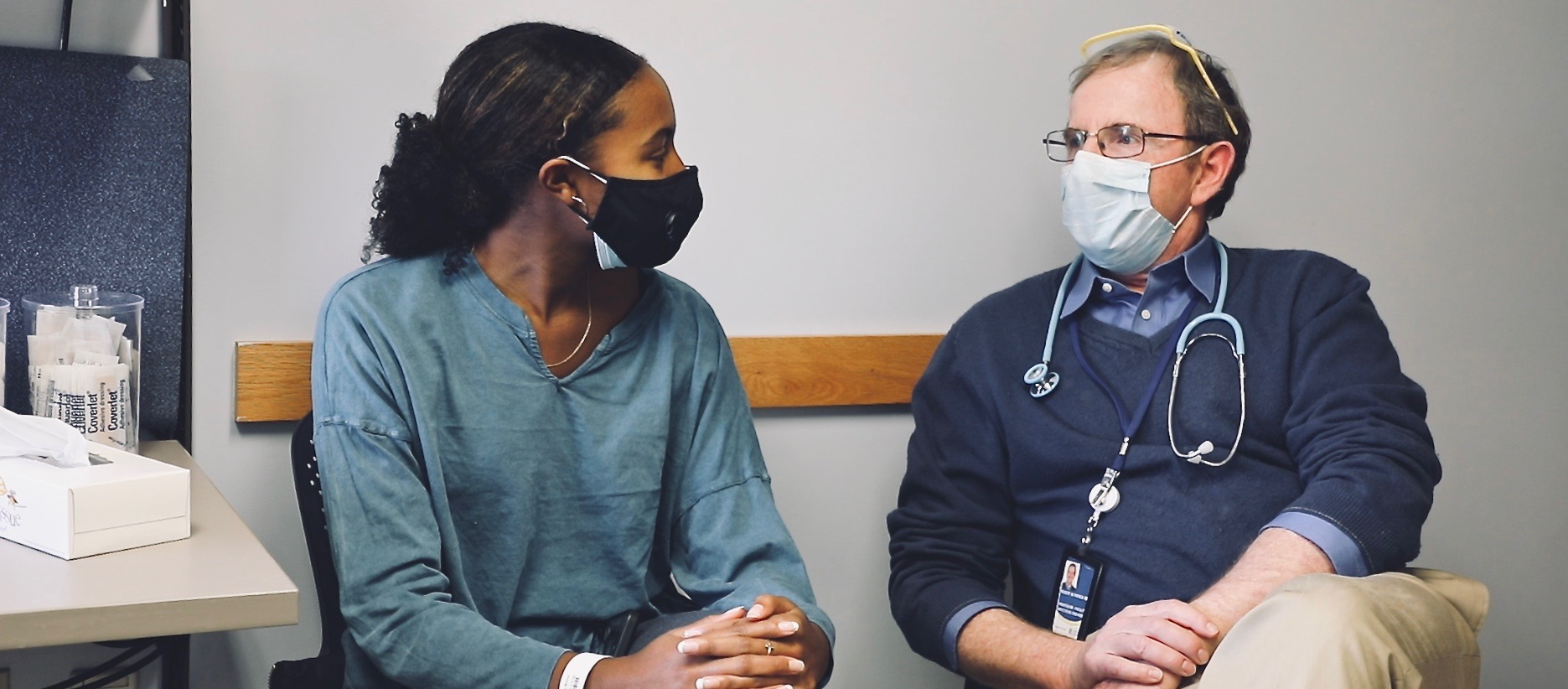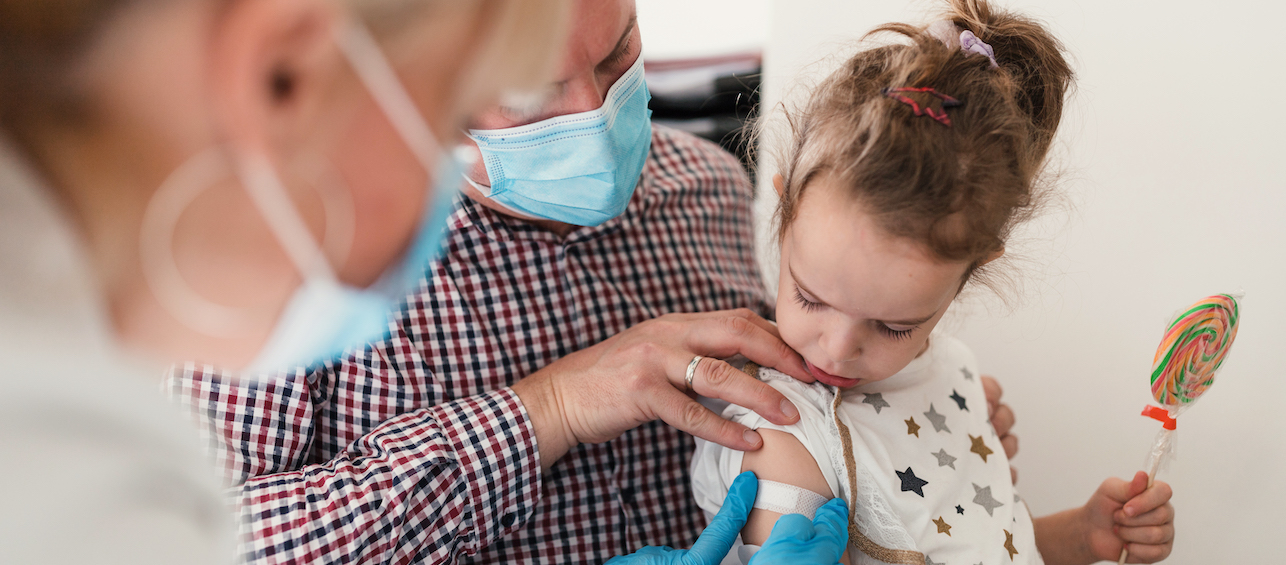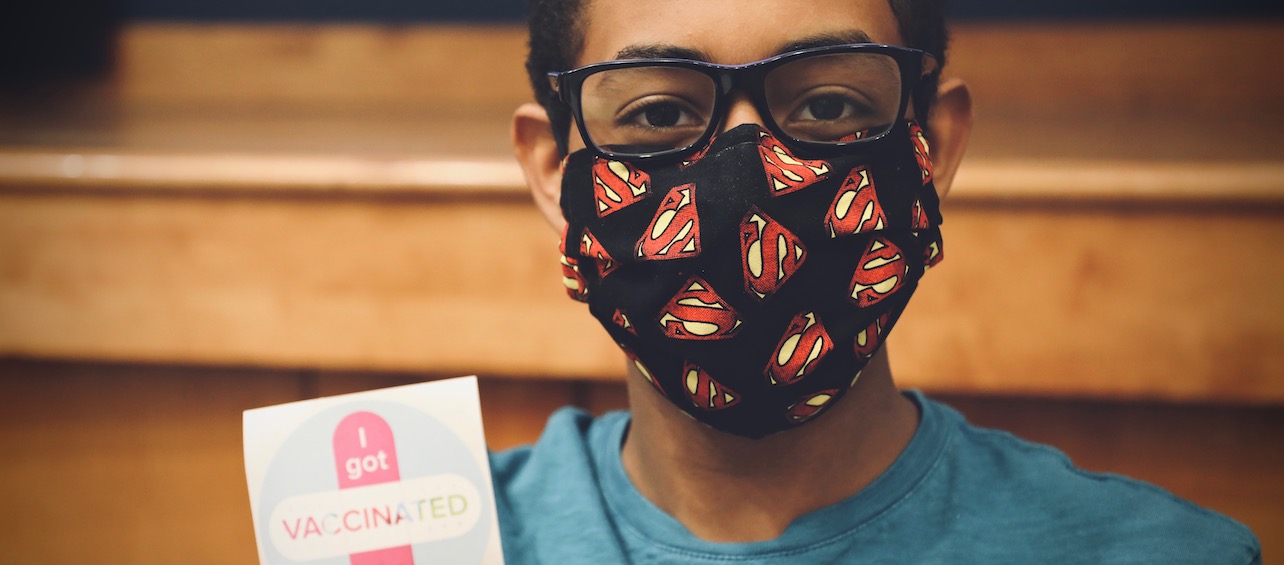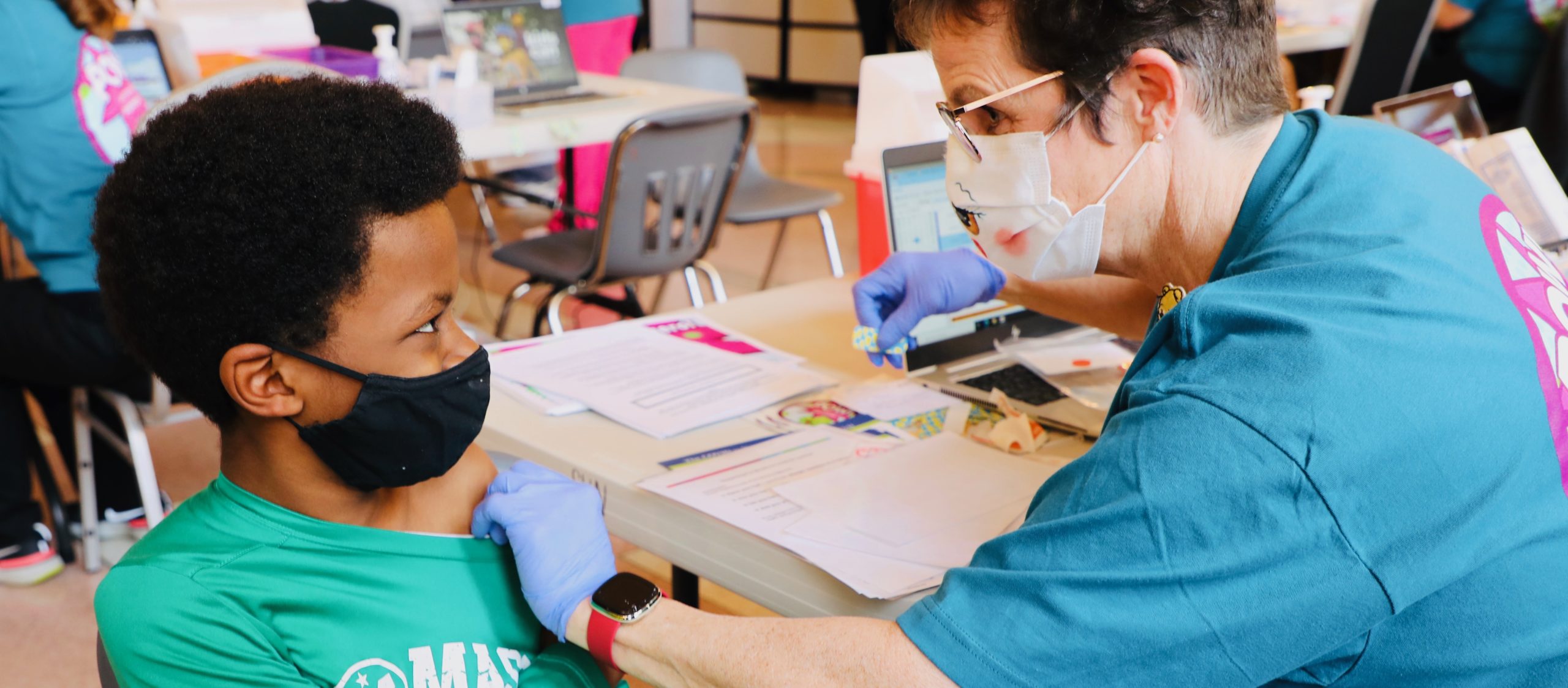As we get closer to an Emergency Use Authorization for Pfizer’s COVID-19 vaccine, parents may have questions about when such vaccines will be available for children and why kids need them.
When can my child get vaccinated to prevent COVID?
Children 16 years of age or older are now able to receive the Pfizer vaccine. Within the next couple of weeks, perhaps by early or mid-May, I think that eligibility will drop to 12 years of age and older.
It might be possible that the U.S. FDA’s Emergency Use Authorization for the vaccine will be lowered to 5 years of age by September. For kids 4 years old or younger, a vaccine could be available around the end of 2021 or early in 2022.
Are the COVID-19 vaccines safe?
The vaccines have shown a very good safety profile. Many people have few to no side effects. The more common side effects are pain at the injection site, headache, fatigue, and body aches. Symptoms usually start about 24 hours after vaccination and last about 24 to 48 hours. The side effects are less serious than the disease itself.
Are there long-term risks of getting a COVID-19 vaccine?
No. While the COVID vaccines are new, the technology they are based on has been around for decades.
Here’s how they work. A vaccine mimics an infection. If you have an infection with COVID, your body makes antibodies to combat parts of the virus. One part is called a spike protein. A vaccine gets your body to make the same antibody immune response to attack the coronavirus spike protein – without being infected.
Both the messenger RNA used in the Pfizer vaccine and the Moderna vaccine as well as the adenovirus used in the J&J and Astra Zeneca vaccines are broken down by our bodies within a few days of being administered. Thus, there is not a concern about the potential long-term safety effects of either mRNA-based or adenovirus-based vaccines.
None of the vaccines will cause you or your child to get COVID, and it is impossible for such a vaccine to change anyone’s DNA. The vaccines also have no effect on fertility.
Why do we need to vaccinate kids?
There are two reasons. The first is to directly protect the child. Over 3.7 million kids have been infected with COVID. Over 15,000 kids have gotten so sick they had to be hospitalized. And about 300 children in the U.S. have died from COVID. To put that in context, during a severe year of influenza, about 100 to 150 children die of flu. We don’t want our children to suffer from a serious disease that we can prevent.
The second reason to vaccinate kids is to try to prevent spread to adults – especially older folks and others at greater risk. More than 570,000 adults in the U.S. have died of COVID in just the past year. By vaccinating our children, we are decreasing overall spread in our communities – which benefits everyone.
COVID is a respiratory virus, and we know children can play a big role in spreading respiratory viruses. When we have a high vaccination rate of children against flu, we see a marked drop in the number of flu cases in older adults – because the kids aren’t spreading the virus to adults. The same will be true with regard to kids and COVID.
Getting your child vaccinated will help prevent the spread to grandparents and other members of your family.
Do we still need to wear masks after vaccination?
For now, yes – at least indoors or in crowded settings outdoors. We hope that restriction can be relaxed by the end of this summer. That will depend on the number of cases of COVID that we still have in the community.
How effective are masks in decreasing risk of getting COVID?
Masks by themselves have been shown to be 85% effective in decreasing the spread of COVID-19. Frequent hand washing and appropriate distancing have been about the same in terms of preventing spread. While we don’t have data on the effectiveness of combining masks with the other precautions, it is most likely higher.
As more people in our community get vaccinated, we will be able to relax more of the safety measures.
If you talk to other parents who have similar questions, please share this information with them. We want parents to have accurate information as they make decisions for their families.






This is amazing information. Thank you for sharing this.